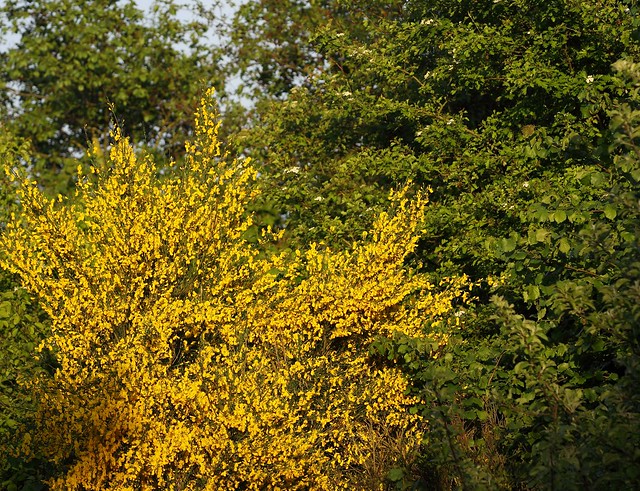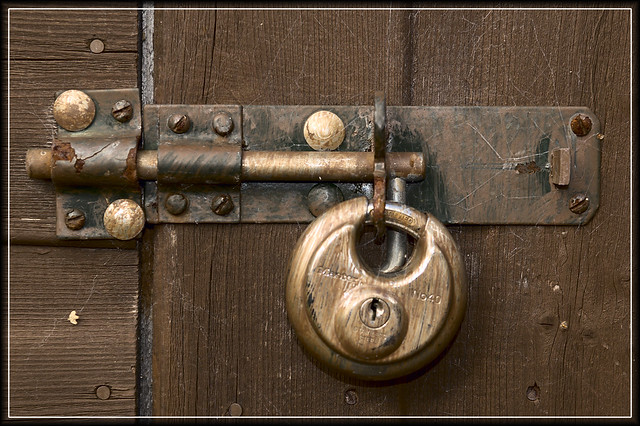Words for hammer and related things in Celtic languages:
| Proto-Celtic | *ordos = hammer |
|---|---|
| Gaulish | Ordo-vices = placename, tribal name |
| Old Irish (Goídelc) | ord = hammer |
| Irish (Gaeilge) | ord [əuɾˠd̪ˠ / ɔːɾˠd̪ˠ] = sledgehammer |
| Scottish Gaelic (Gàidhlig) | òrd [ɔːr̪ˠd] = hammer; cock, hammer (of a fireman): rounded but steep mountain òrd-fiodha = mallet òrd-ladhrach = claw hammer òrd-mòr = sledgehammer |
| Manx (Gaelg) | oard = hammer, sledgehammer oard inginagh = claw hammer gaal-oard = steam hammer |
| Proto-Brythonic | *orð = hammer |
| Middle Welsh (Kymraec) | ord, orth, yrd, orð = hammer |
| Welsh (Cymraeg) | gordd [ɡɔrð] = hammer, mallet, sledgehammer gorddio = to hammer with a mallet, drive with a sledgehammer gordd haearn = sledgehammer gordd bren = wooden mallet |
| Old Breton | ord = mallet, hammer, |
| Middle Breton | orz, horz = mallet, hammer, |
| Breton (Brezhoneg) | horzh = mallet, gavel, hammer, pestle horzhig = sledgehammer horzh-fuzuilh = rifle butt |
Etymology: possibly from the Proto-Indo-European *h₃erg-dʰh₁o-, from *h₃erg- (to perish) and *dʰeh₁- (to do) [source].
Ordovīcēs is the Latin name for a Celtic tribe who lived in what is now North Wales (where I live) and nearby parts of England. In Common Brittonic there were known as *Ordowīcī. The Ordovician geological period (c. 485 – 443 million years ago) is named after them as rocks associated with that period were first found in their former territory by Charles Lapworth in 1879 [source].
| Irish (Gaeilge) | casúr [əuɾˠd̪ˠ / ɔːɾˠd̪ˠ] = hammer casúr ladhrach = claw hammer |
|---|---|
| Scottish Gaelic (Gàidhlig) | casar [kasər] = small hammer, gavel, knocker |
| Manx (Gaelg) | casoor = hammer (of a gun) |
Etymology: from the Anglo-Norman cassur, from the Latin quassō (I shake, quake, wave, flourish), from quatiō (I shake, agitate), from the Proto-Indo-European *kʷeh₁t- (to shake) [source].
Words from the same Latin roots include quash (to suppress, crush) in English, casser (to break) in French, and cascar (to crack, split, hit) in Spanish [source].
| Proto-Brythonic | *morθul = hammer |
|---|---|
| Middle Welsh (Kymraec) | morthol, morthwl, morthuyl, mwrthol, myrthwyl = hammer |
| Welsh (Cymraeg) | morthwyl [ˈmɔrθuɨ̯l / ˈmɔrθui̯l] = hammer, mallet morthwylio = to hammer, beat with a hammer, forge morthwylwr = hammerer morthwylfa = forge, smithy morthwyl drws = door knocker |
| Middle Cornish (Cernewec) | morthol = hammer |
| Cornish (Kernewek) | morthol = hammer, beetle, maul mortholya = to hammer |
| Middle Breton | morzol = hammer morzol dor = door knocker |
| Breton (Brezhoneg) | morzhol = hammer morzholad = hammer blow morzholat = to hammer morzholer = hammerer, horthumper morzholig = hammer morzhol-dor, morzhol an nor = door knocker |
Etymology: from the British Latin *mortulus, from the Latin martulus (hammer), from marculus (small hammer), possibly from the Proto-Indo-European *melh₂tlo-, from *melh₂- (to grind) [source].
Words marked with a * are reconstructions.
Sources: Wiktionary, Am Faclair Beag, Online Manx Dictionary, Teanglann.ie, eDIL – Electronic Dictionary of the Irish Language, In Dúil Bélrai English – Old Irish glossary, Geiriadur Prifysgol Cymru, Gerlyver Kernewek, Gerlyvyr Cernewec, Dictionaire Favereau, TermOfis, Le dictionnaire diachronique du breton, Geriafurch, English – ProtoCeltic WordList (PDF), Etymological Dictionary Of Proto Celtic













